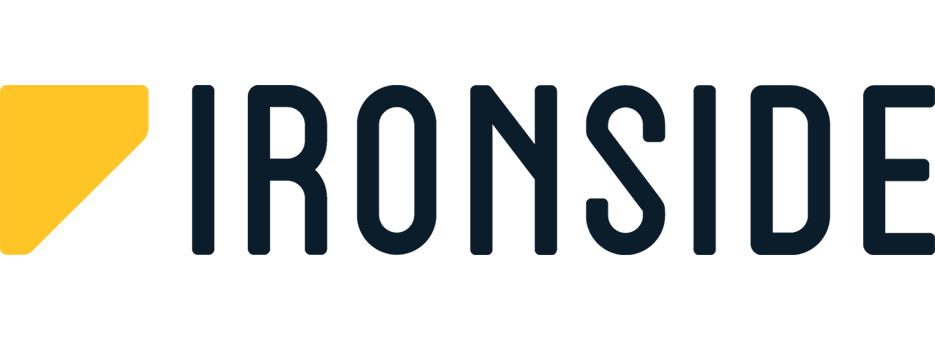The Relationship between Developer and Consumer
The relationship between the report developer and report consumer often times have very little definition, with neither side having a concise picture of the best alignment of roles and responsibilities. The report developer has a clear understanding of the capability of the tools whereas the consumer may not. Conversely the consumer has a unique understanding of the business while the developer may not. When this disconnect is not addressed, the value of your BI tool may not truly be realized.
I am reminded of a situation I encountered; an organization initiated a massive effort to consolidate a number of data sources into a reporting data warehouse. Many report consumers had direct access to these original data sources, grabbing data as they needed and manipulating/analyzing it as they saw fit. Upon completion of the data warehouse they were told that their existing reports or data downloads would be converted to a BI tool where they would have centralized access to data.
After the data warehouse was complete I remember seeing an analyst (let’s call him John) wandering around the office quite frequently in the morning hours. This continued for a few weeks until one day I overheard him speaking to someone else about how one of his reports takes forever to run, and when he finally receives it, he needs to open it in excel to make a variety of further modifications. This process took up nearly half of his day.
We sat down and looked at the report request specification that he had created. Not much on the report specification had indicated the purpose of the report, nor how it was ultimately to be used. The report developer had dutifully completed everything asked of him on the request and delivered a report exactly the way it was asked of him.
John’s situation was remedied by finding out exactly what he aimed to produce after getting his data dump and manipulating it. We were able to create a report for him that needed no further modification on his part and went one step further and scheduled it to run before he arrived at the office in the morning. His mornings freed up and he was able to tackle other aspects of his job.
So how did this situation begin? The consumer in this case failed to articulate his true business need. The report developer failed to ask. To shore up this gap, the consumer must be moderately educated in the capabilities of their new BI tool at a high level. This allows them to make requests that will make use of the technology. What is this BI solution? How do they use it differently than what they used to do? Why did we change from our previous processes? These are questions that consumers need to have answers for. Knowing what your tools are capable of will make requests more specific and more meaningful upon delivery.
Report developers must work with the understanding that they offer unique expertise and experience. Expectations are often set for developers that they are simply tasked with creating the report based upon a specification but their past experience and working knowledge of both the tools and the system allow them to provide a significantly larger benefit. When a request comes across their desk they must question whether there is a better, more thorough, or more robust way of delivering the data requested.
When the gap between the consumer and developer closes you will find that the tools you implemented will truly be utilized in an effective manner. Adoption and trust will increase as users realize that their BI tools can deliver more than they had anticipated.


